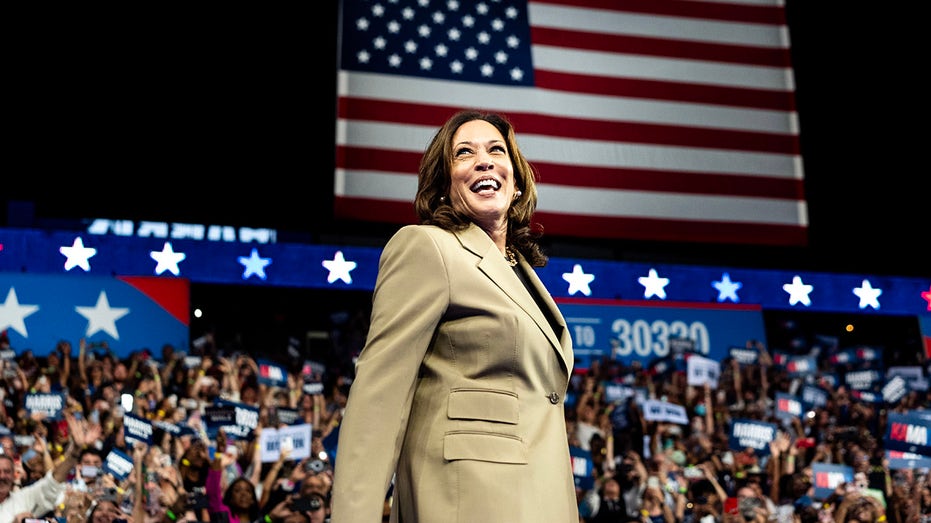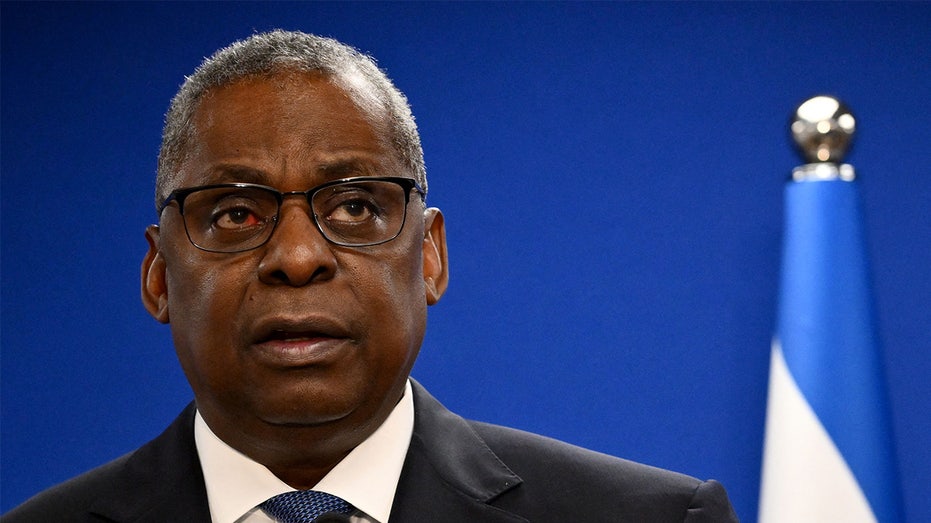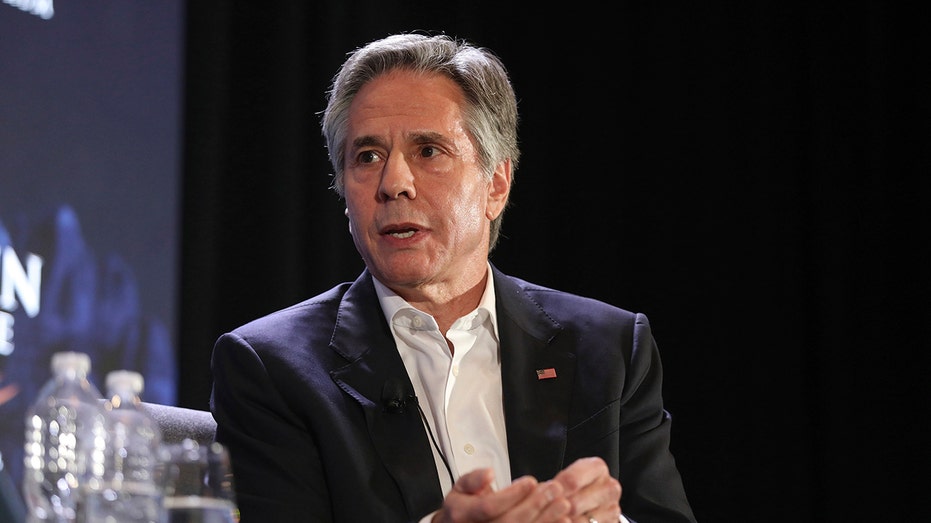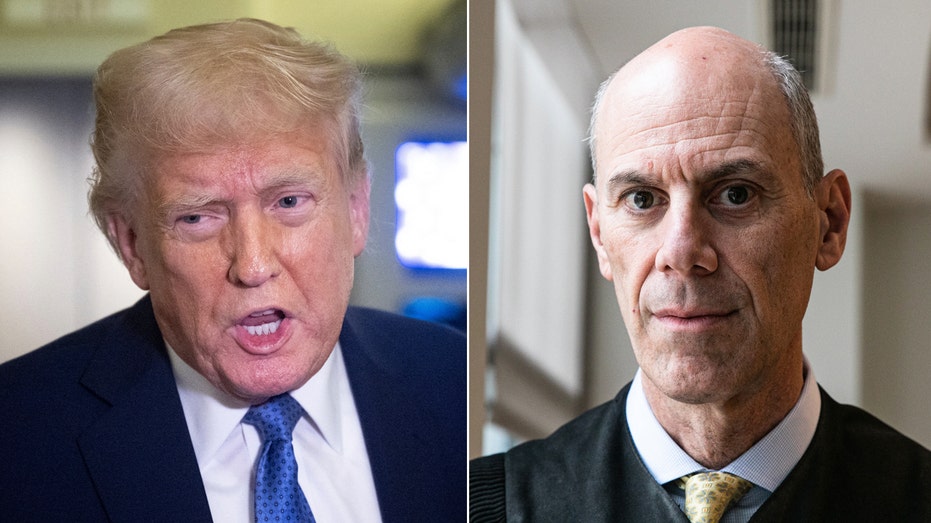Vice President Harris was mocked online for requiring campaign rallygoers to present a government-issued ID upon entry, despite the Democratic presidential nominee opposing voter ID laws.
Ahead of Harris’ rally alongside vice presidential running mate Minnesota Gov. Tim Walz in Arizona on Friday, her campaign sent out an email advising that only confirmed RSVPs will be admitted.
The email said those on the RSVP list must present a matching government-issued photo ID in order to be admitted to the venue, KTAR reported.
The exact site of the Phoenix-area campaign event, first announced on July 30, was not revealed until Thursday. The email specified the event would take place at Desert Diamond Arena, located 15 miles northwest of downtown Phoenix, with attendees being admitted Friday between 1:30 p.m. and 3:30 p.m., according to KTAR. The campaign reportedly said the Arizona Democratic Party would send out “non-transferrable invitations” by email on Thursday afternoon to attend Friday’s event.
X users began sharing screenshots of the email and lambasted Harris for perceived hypocrisy.
“Voter ID is racist, but you can’t get into a Kamala rally without ID,” actor Kevin Sorbo wrote to his 2 million followers.
“So let me get this straight: Requiring ID to vote is racist… But requiring ID to attend a Kamala Harris ‘rally’ is NOT racist?” Nick Sortor wrote to his more than 448,000 followers.
“You need photo ID to get into an invite-only Kamala Harris event, but not to vote?” another user, Ian Haworth, echoed.
“Kamala Harris requires photo ID to enter a private campaign event. Kamala Harris doesn’t want to require photo ID to vote. Kamala Harris doesn’t want to require ID before crossing our border. Weird,” political commentator Gunther Eagleman also wrote on X.
Fox News Digital reached out to the Harris campaign for comment, but they did not immediately respond.
In 2021, Harris gave her first interview as vice president on the topic of changes to voting laws with Soledad O’Brien on BET.
“I don’t think that we should underestimate what that could mean,” Harris said about allowing voter ID laws. “Because in some people’s mind that means, well, you’re going to have to Xerox or photocopy your ID to send it in to prove you are who you are. Well, there are a whole lot of people, especially people who live in rural communities, who don’t – there’s no Kinko’s, there’s no Office Max near them. People have to understand that when we’re talking about voter ID laws, be clear about who you have in mind and what would be required of them to prove who they are.”
“Of course, people have to prove who they are. But not in a way that makes it almost impossible for them to prove who they are,” Harris added.
AG GARLAND PLEDGES TO FIGHT VOTER ID LAWS, ELECTION INTEGRITY MEASURES
Not long after then-candidate Joe Biden named Kamala Harris his vice-presidential running mate in August 2020, Harris penned an op-ed in The Washington Post on the 100th anniversary of the adoption of the 19th Amendment, which gave women the constitutional right to vote.
“That is, unless you were Black. Or Latina. Or Asian. Or Indigenous,” Harris wrote. “And when the 19th Amendment was ratified at last, Black women were again left behind: Poll taxes, literacy tests and other Jim Crow voter suppression tactics effectively prohibited most people of color from voting.”
The vice presidential candidate at the time then tried to make a comparison to modern times.
Harris accused Republicans of “once again doing everything in their power to suppress and attack the voting rights of people of color.”
“They are deploying suppressive voter ID laws, racial gerrymandering, voter roll purges, precinct closures and reduced early-voting days – all of which have been laser-targeted toward communities of color since the Supreme Court gutted the Voting Rights Act in 2013,” she wrote.




